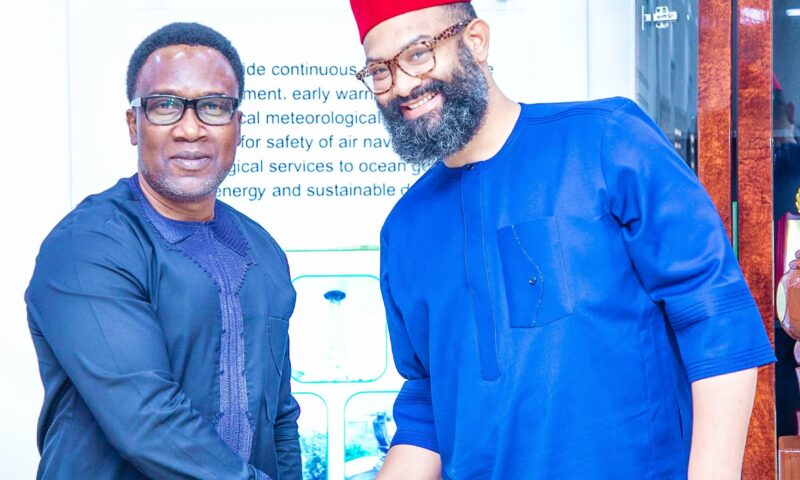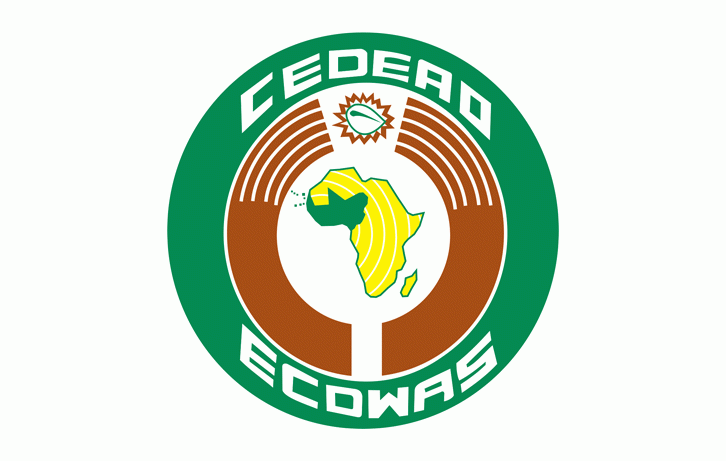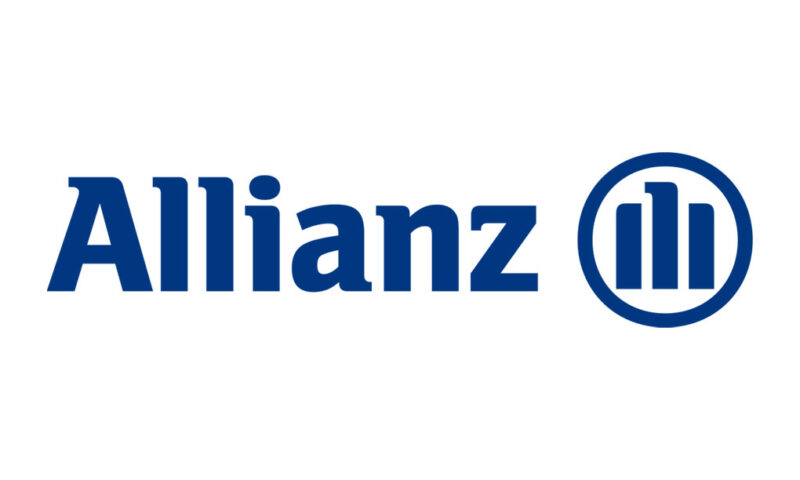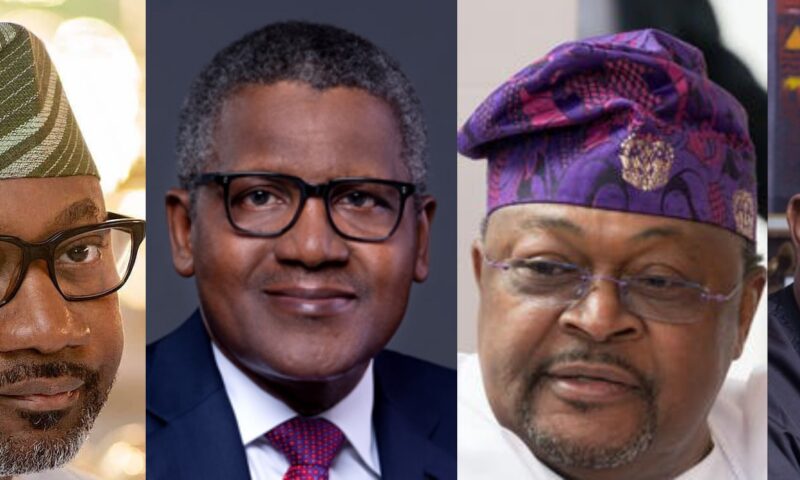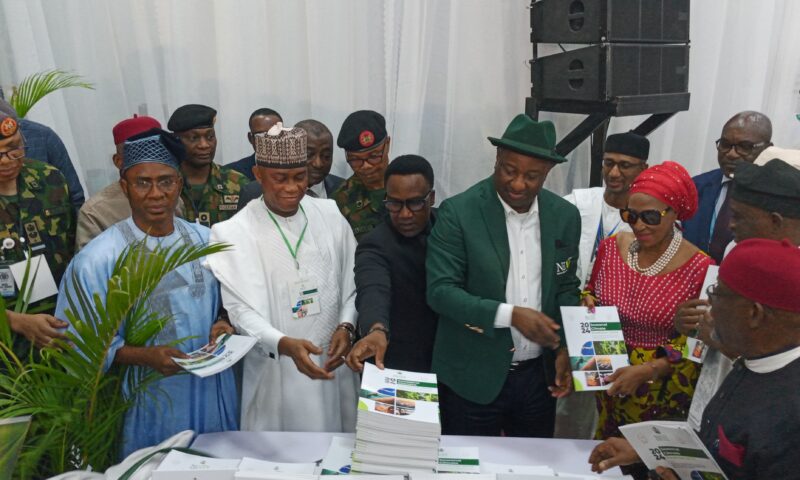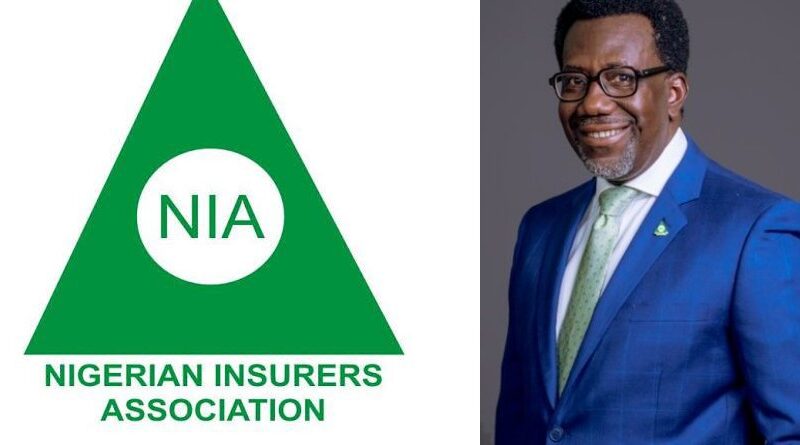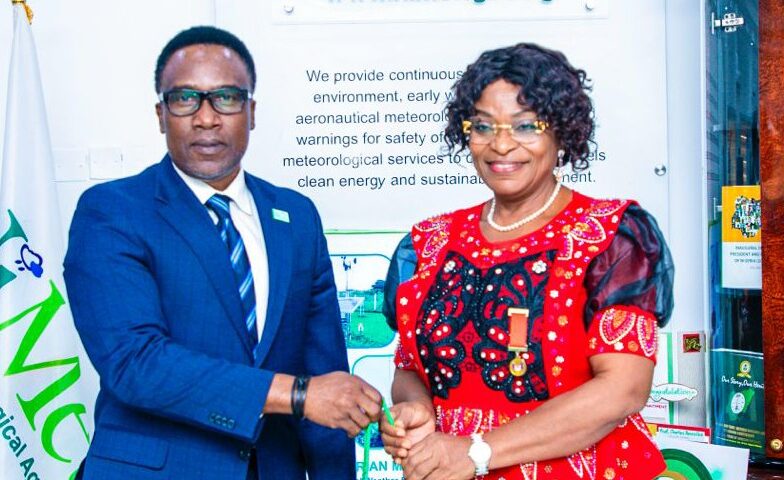By Favour Nnabugwu
The potential withdrawal of Niger, Mali and Burkina Faso from the Economic Community of West African States is the latest sign of political turmoil in the region, but should have relatively little impact on those countries’ insurance markets for now, according AM Best report
Insurance penetration in Niger, Mali and Burkina Faso remains low but there is solid demand for reinsurance for larger commercial risks, including retrocession into international markets.
Commercial relationships between domestic insurers and regional reinsurers are likely to persist, even if the trio withdraw from regional political, customs and economic unions.
However, departure from the Conférence Interafricaine des Marchés d’Assurances (CIMA) community could have regulatory implications for those countries’ (re)insurers.
AM Best analysts continue to monitor developments. (Re)insurance markets in West Africa are likely to remain largely unaffected by the political and
economic uncertainty besetting parts of the region, according to analysis from AM Best.
Five West African countries—Gabon, Guinea, Niger, Mali and Burkina Faso—have experienced military coups since 2020. More recently three of those countries—Niger, Mali and Burkina Faso—have signalled their intention to leave the Economic Community of West African States (ECOWAS), a political and economic union of 15 states, and set up their own trading bloc, the Alliance of Sahel States/l’Alliance des États du Sahel.
Withdrawal from ECOWAS requires 12 months written notice, which each of the three submitted at the end of January. However, there is some speculation that the junta-led nations are looking to secure concessions from ECOWAS rather than to fully withdraw.
In a separate sign of regional upheaval, Senegal—regarded as one of the region’s more politically stable countries—looks set to experience a wave of instability following its president’s decision to postpone the 25 February presidential election until the end of 2024.
This has prompted anger among some political rivals and drawn condemnation from ECOWAS.Potential ECOWAS Withdrawal
The threat of withdrawal from ECOWAS by Niger, Mali and Burkina Faso had been widely predicted. The three countries have accused ECOWAS of straying from pan-African principles and falling under the influence of external forces such as France, the US, UK and the European
Union.
Reports suggest Western governments fear the three countries are becoming more closely aligned with China and Russia
West Africa Tensions
ECOWAS had imposed economic sanctions on each of the trio’s transitional governments and had demanded elections within a reasonable timeframe. The sanctions added to inflationary pressures in each of the affected countries, and while some of them sanctions were lifted in July 2022, political resentment has remained.
As a result of the sanctions, borders between the three countries and other ECOWAS members were largely closed except for essential supplies, and economic activity with other ECOWAS members was severely curtailed.
Reports suggest the trio are seeking bilateral trade arrangements with neighbouring countries, notably Togo, either individually or under the auspices of the newly formed Alliance of Sahel
States.
Criticism has also been levelled by the trio towards the CFA Franc, the common currency of The West African Economic and Monetary Union (UEMOA), a customs and currency union of eight ECOWAS countries established in 1994. Preliminary discussions of withdrawal from UEMOA and establishment of a separate currency have taken place, although Mali has stated its intention to remain part of UEMOA, despite its ECOWAS withdrawal.
Insurance Implications
Insurance markets in Niger, Mali and Burkina Faso remain relatively small and immature.
Political upheaval in those countries is unlikely to significantly affect the levels of demand for Insurance, AM Best believes. Penetration rates (currently around 1%) are likely to remain low, especially for personal lines, though commercial risks will still require reinsurance.
This is predominantly provided through mandated cessions to national and regional carriers (and retroceded to international markets) and traditional reinsurance buying.
Despite solid growth in capital in recent years, the capacity offered by Africa-domiciled reinsurers remains low, and insufficient to meet the needs of local primary markets fully, particularly where
major property and energy risks are concerned.
As the region’s economies have industrialised, their insurance needs have grown at a faster pace than the local market’s capacity. This is evidenced by rising levels of premium written but declining levels of retention for sub-Sahara African reinsurers who have relied on retrocession to provide capacity. As well as capacity, local players often lean on more sophisticated global reinsurers for the expertise needed to underwrite complex risks.
The region remains attractive as a profitable market for international reinsurers, in part because of the relative lack of natural catastrophe exposures, in conjunction with the market’s profitability. Niger, Mali and Burkina Faso are members of the Conférence Interafricaine des Marchés d’Assurances (CIMA), an organisation established in its current form in 1992 with the aim of harmonising insurance regulations among member countries in sub-Saharan Africa.
Insurers operating within CIMA face restrictions on the amount of business they can cede to reinsurers outside the regulatory bloc. Locally licensed insurers
There are also compulsory reinsurance cessions to CICA-Re and Africa Re, and certain member countries also require local insurers to cede a portion of their business to state reinsurers, such as
Société Commerciale Gabonaise de Réassurance in Gabon.
AM Best considers the relationships between local insurers and regional insurers to be commercial rather than purely driven by regulation. As such, even if the trio were to leave ECOWAS, AM Best would expect insurers in those three countries to continue to cede business to the cadre of regional reinsurers, much as they do today. However, as the situation generates increased risks (in particular
political) for reinsurers, reinsurance and retrocession rates are likely to be adjusted accordingly.
None of the trio have given an indication of any change to their future involvement with CIMA.
However, if any of those countries were to leave that community there would be regulatory implications for their domestic insurers as insurance regulation is managed through CIMA
AM Best recognises that insurers in the three countries could see some negative repercussions were they to withdraw from ECOWAS and especially from UEMOA, albeit with the impact being
manageable.
Although Niger, Mali and Burkina Faso together account for nearly a quarter of the population of ECOWAS, the three countries make up only 8% of the community’s gross domestic product (GDP).
There is more concern that the exit of these countries from the community could further affect the flow of goods and services. Any increase in costs would likely have a knock-on effect on insurance claims costs, potentially causing a spike in claims inflation.
Furthermore, there would likely be a more limited range of assets in which domestic insurers could invest.
Withdrawing from ECOWAS would end the free movement of persons between Niger, Mali and Burkina Faso and other members of the community.
That could contribute to greater trade frictions, and further increase inflation. That upward pressure on costs would likely be exacerbated in countries leaving the customs union of UEMOA.
In general, AM Best views these countries similarly to other emerging markets: Domestic (re)insurers’ enterprise risk management (ERM) and solvency are affected by high levels of risk, compounded by relatively unsophisticated capital management, compared to more mature markets
However, similar to other emerging markets, their domestic insurers benefit from good growth and technical margins.

